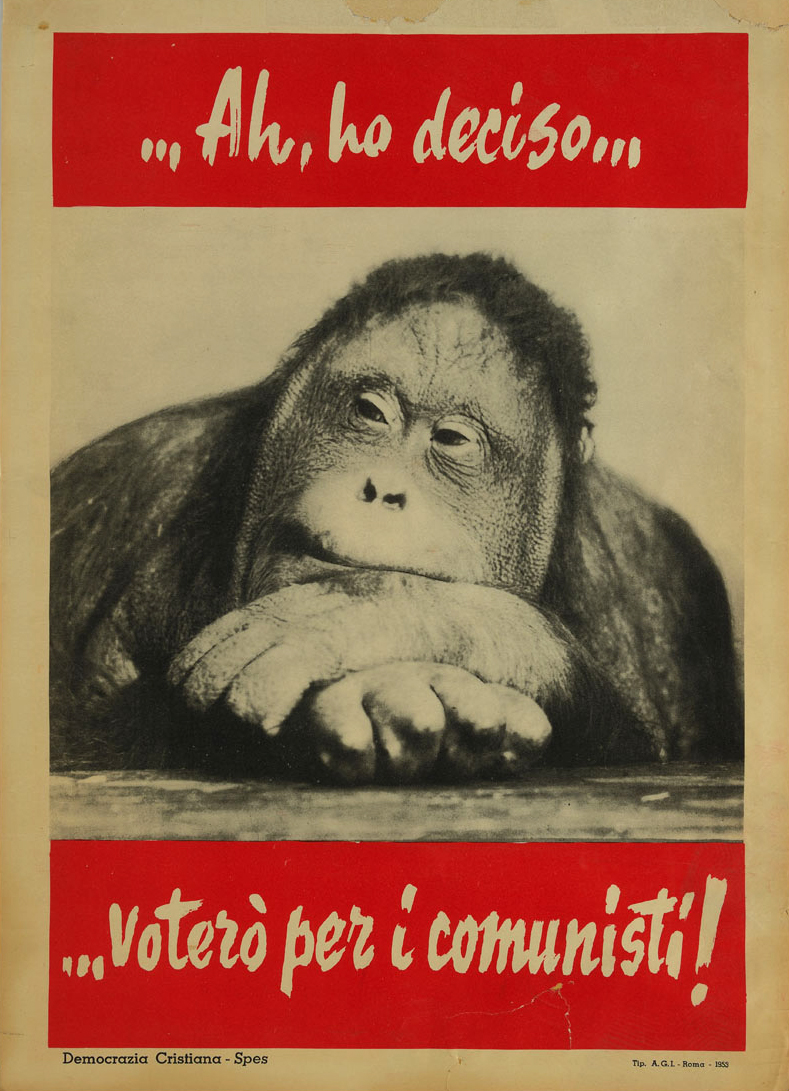

You’re completely correct on the presence of brainworms, and Palestinian struggle should be supported not only in principle unequivocally as a struggle against a fascist settler-colonialist state which has been practicing continuous ethnic cleansing of varying speed over the last 80 years, but also in it’s concrete forms.
But it’s important to recognize a contradiction this puts us in, and which is clearly the source of the (abstract, priviledged) moral dilemma that you see many comrades experiencing. Namely, that the only current institutional and organizational forms of potential armed resistance to Israel in the West Bank are through Hamas and Islamic Jihad, who are as politically reactionary as you can imagine in the social realm. While I wouldn’t call Islamism fascism simply for clarity so as to not muddy the water by suggesting that the material conditions which have produced fascism in the European, American, Japanese or Indian are the same as those which have produced Islamism (though sometimes they are), it’s not a coincidence that Islamism shares alot of features with fascism.
I hope that this isn’t news to anyone here, but frankly no-one should arrogantly be suggesting that unconditionally supporting Palestinian self-defense should imply that this also means condoning or justifying the torture, killing of unarmed women and children, and sexual violence that Hamas is known to practice.
There are many tragic aspects of the history of modern Israel of historic proportions. Adorno said that poetry could not be written after Auschwitz. What we’ve seen is many genocide survivors and their descendants carry out their own fascistic ethnic cleansing and mass murder. History repeats, first time as tragedy, second time as tragedy, but also as farce. Here as Marxists we see the issue of a political struggle which is now so fucked that resistance to Israeli fascism is unavoidably mediated by this Islamism.

Yo are you actually fucking condoning the mass murder of children and throwing them in pits? Anyone who is liking this comment you’re equally fuck in the head and there is nothing communist about you.